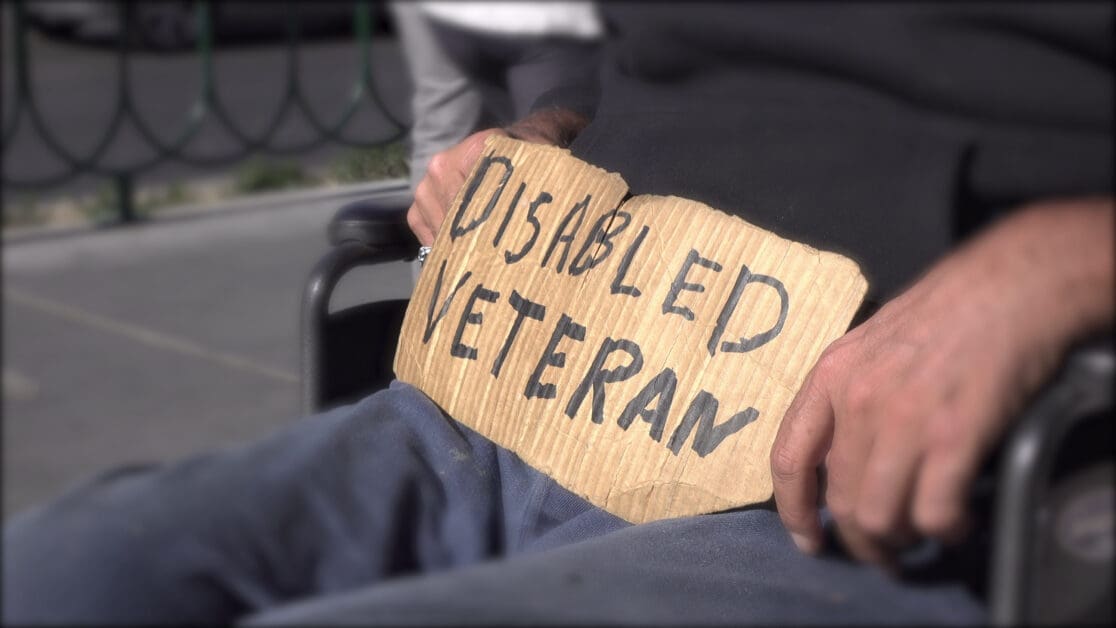What Are the Eligibility Requirements for Veterans Disability?
Houston is a city known for its deep-rooted patriotism and large veteran community, with many former service members calling it home after completing their military duties. From the VA Medical Center to local support organizations, the city offers a range of resources for those who have served. Yet, despite these available services, the process of securing Veterans Affairs (VA) disability benefits remains complicated and often frustrating. Understanding the eligibility requirements is the first and most critical step in accessing this much-needed support.
These benefits are designed to assist veterans whose physical or mental health conditions are directly connected to their military service. However, proving that connection and navigating the necessary documentation, deadlines, and evidence can be a complex task. That’s why many turn to a trusted Houston veterans disability lawyer to help clarify eligibility rules, compile persuasive applications, and ensure their claims are taken seriously from the start, increasing the likelihood of a successful outcome.
Qualifying for Disability Benefits
To be eligible for VA disability benefits, a veteran must meet a few basic requirements. The first one is that there has to be an actual medical diagnosis of a current sickness or injury. This illness or injury should have a direct link to your military service. You need to prove that you got sick or injured while serving in the military, had an existing illness or injury that worsened after you joined the military, or had a disability related to your service that didn’t appear until after you ended your service.
Evidence of Service Connection
Linking the disability to military service is one of the biggest hurdles. This often requires submission of service records, medical evidence, and personal statements showing how the condition started or worsened while a veteran was on duty. Expert opinions from medical professionals can bolster the claim by providing insight or evaluation that further examines the nature of the condition.
Types of Disabilities Covered
VA disability covers physical injuries, like broken bones or amputated limbs, chronic health issues, and traumatic brain injuries, as well as mental health issues like post-traumatic stress disorder (PTSD), anxiety, or depression. Importantly, in order to obtain this recognition, it must be shown that the conditions are associated with the veteran’s service. Certain conditions are presumptively linked, which means if a veteran served under certain conditions, the disability automatically is presumed to be related to military service.
The Application Process
The veteran will need to compile the necessary paperwork, starting with the medical and military records. The applicant enters this information into a formal application. Once submitted, the claim is then evaluated to determine eligibility and the level of disability.
Understanding Disability Ratings
Disability ratings are significant because they directly dictate the type of benefit a veteran will receive. They are given as percentages and indicate the severity of the disability and how it affects the veteran’s life. Higher percentages mean more severe disabilities and, therefore, a higher payment. The ratings are based on a percentage scale from 0% to 100% in 10% increments.
Appealing a Decision
If a veteran does not agree with the outcome of their claim, they can file an appeal. The appeals process involves submitting a Notice of Disagreement, which leads to review at a higher authority. During this phase, veterans can provide supplemental evidence or other clarification to bolster their argument.
Additional Support Services
Veterans should keep in mind that, apart from monetary compensation, they qualify for extra forms of help. This includes health services, vocational rehabilitation, and educational benefits. These resources provide veterans the best opportunity to adjust to civilian life and increase their quality of life.
Common Challenges in the Process
It can be difficult to apply for disability benefits. You may not be able to understand the eligibility criteria or unknowingly submit an incomplete application. To overcome these challenges, it is advisable to seek guidance from veterans’ organizations or legal consultants.
Conclusion
VA disability benefits are a critical lifeline for veterans whose service left them with health issues. One must understand the eligibility criteria and the application process to successfully apply for these benefits. With the right knowledge and support, veterans can receive the support they deserve and transition to civilian life.















